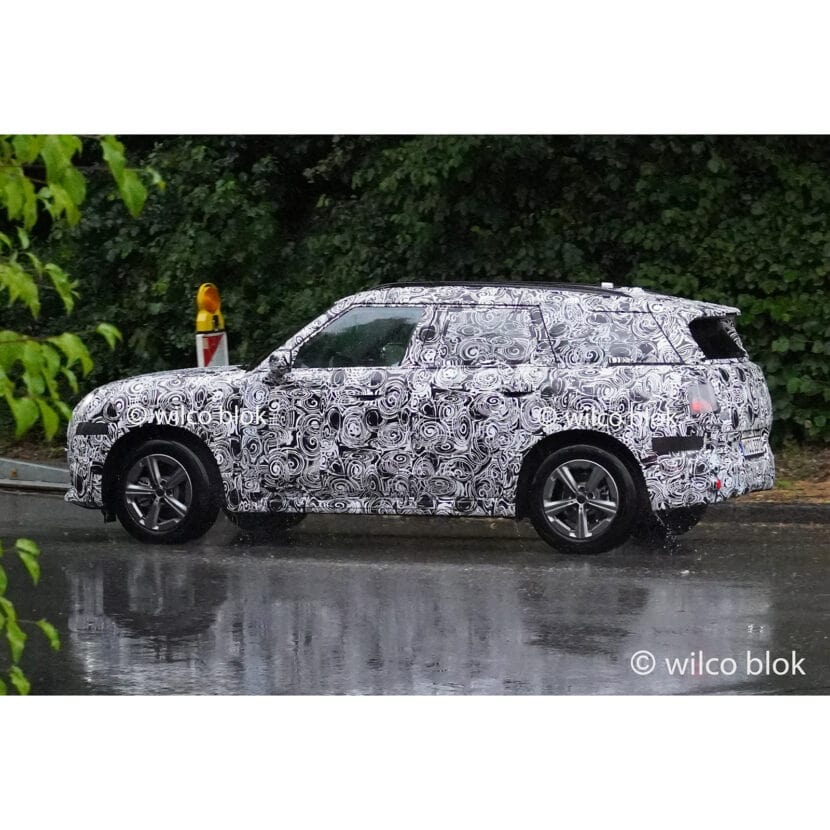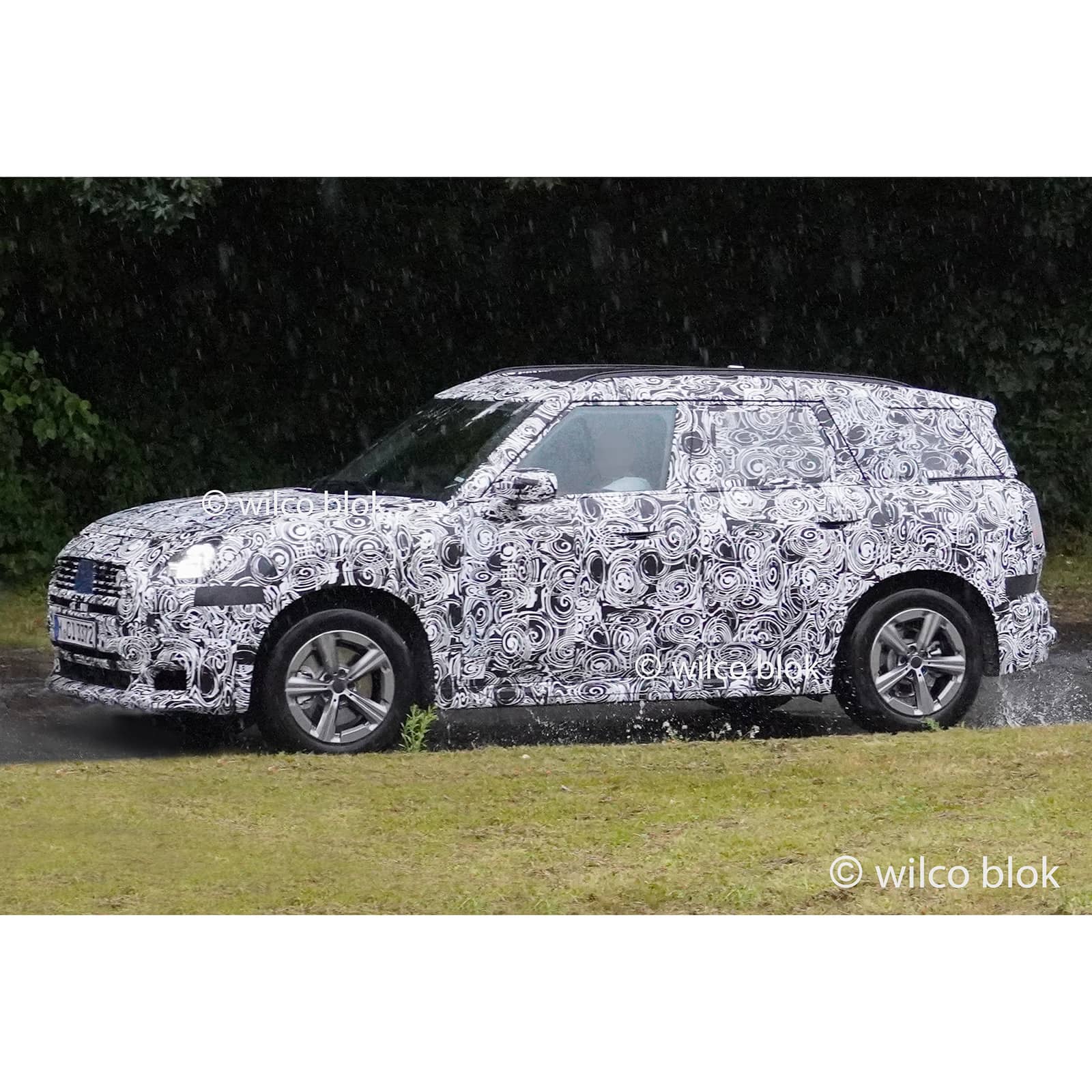Tucked away in a press release about the launch of a new cell coating line for battery modules in Leipzig is news about the next-generation MINI Countryman. The not-so-mini crossover is scheduled to enter series production near the end of 2023 with combustion engines and a purely electric drivetrain. The latter will use high-voltage batteries made in Leipzig.
BMW doesn’t mention a plug-in hybrid powertrain for the vehicle’s upcoming third generation, which doesn’t come as a surprise as sources close to the automaker claim the PHEV will not be renewed. Instead, the Cooper SE Countryman will be indirectly replaced by the EV variant, which should have more than a few things in common with the mechanically related iX1.

With the revamped Countryman, BMW will be assembling the crossover in-house rather than outsourcing production to VDL Nedcar in Born, The Netherlands as it’s been the case with the Mk2 model. We’ll remind you the Mk1 was produced in Graz, Austria by Magna Steyr.
To support the expansion of its electric lineup, BMW is investing more than €800 million at Plant Leipzig to boost e-component production. The two existing module assembly lines will be joined by a third one by 2024 along with two more high-voltage battery assembly lines. Meanwhile, four more cell coating lines will become operational later this year at about two-month intervals.
The first cell coating line covers 2,300 square meters and has been installed in the production hall where BMW made the i3 hatchback from 2013 to 2022. This new facility can handle more than 2,300 cells an hour or over 10 million cells in a year. The resulting coated cells are used for modules that go into the iX1 and i4.
These investments are necessary considering BMW wants EVs to account for half of its sales by the end of the decade. In the meantime, the automotive conglomerate targets fully electric cars to represent 15% of the total deliveries in 2023.
Source: BMW





































































